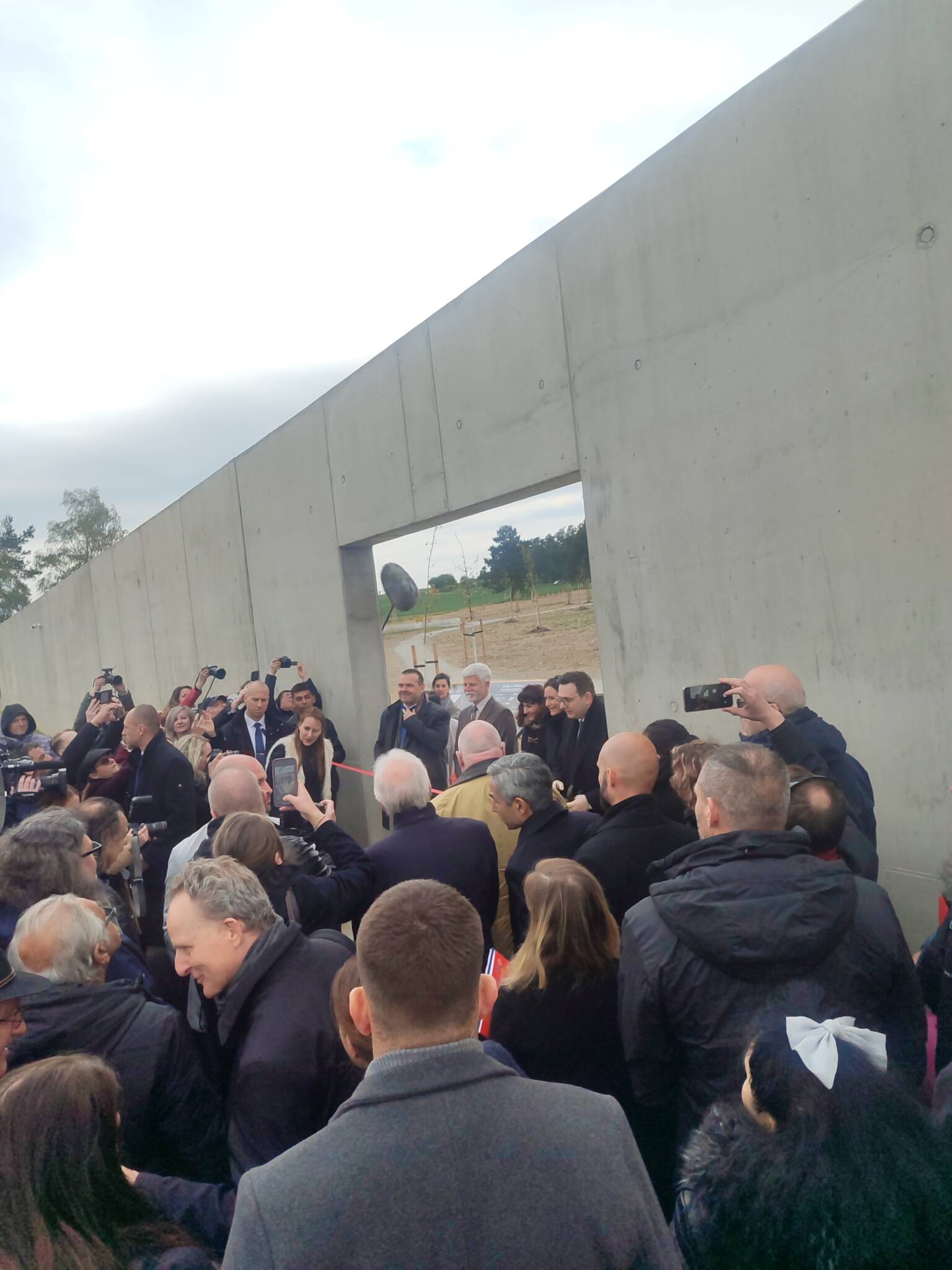
The Central Council of German Sinti and Roma sees the new Holocaust Documentation Center on the site of the former Lety u Písku concentration camp, which was under Czech administration, as an important place of remembrance of the Holocaust of 500,000 Sinti and Roma in Nazi-occupied Europe. This concentration camp existed between 1940 and 1945 in the German-occupied “Reich Protectorate of Bohemia and Moravia”. Mostly Roma were imprisoned there. Hundreds of prisoners died due to the camp conditions and over 1000 were deported from Lety to the Auschwitz extermination camp.
Romani Rose: “It was only on 17 March 1982 that the Federal Republic of Germany recognized the Holocaust of the European Sinti and Roma as genocide. In the Czech Republic, too, the memory of this heinous crime against our minority was ignored for decades. The new documentation center in Lety is therefore an important sign of historical awareness that the Holocaust also means the murder of 500,000 Sinti and Roma in Nazi-occupied Europe.” Rose emphasized that it is above all thanks to the self-organizations from the minority and civil society that the victims of this former concentration camp are now being remembered.
“Today’s opening is first and foremost thanks to the Czech Committee for Compensation for the Roma Holocaust and Cenek Ruzicka, who campaigned for years for the memory of the Holocaust of our minority and a memorial in Lety u Pisku,” said Romani Rose. However, it is a scandal that the memorial is only now being opened. “It has been known since 1994 that over 1,300 Roma were tortured and murdered at this site or deported from Lety to Auschwitz.”
The Museum of Roma Culture in Brno worked well with the Documentation and Cultural Center of German Sinti and Roma in developing the history of the memorial site. The Central Council of German Sinti and Roma is now also planning in-depth discussions with the Czech government about the situation of the minority. “In view of the growing historical awareness of the Holocaust, we cannot ignore the fact that Roma in the Czech Republic continue to live under conditions that can only be described as Apartheid,” Rose concluded.


